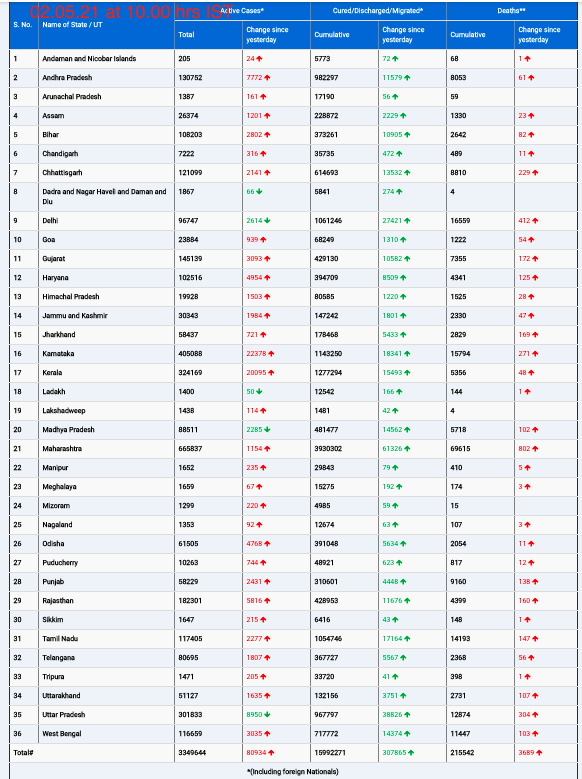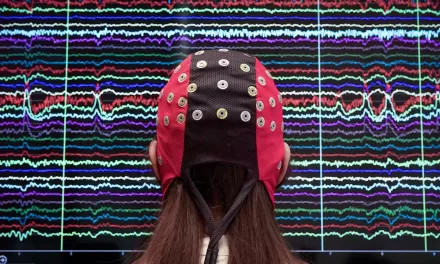In a groundbreaking study published in the Journal of Neurology, Neurosurgery and Psychiatry (JNNP), researchers found that sports-related concussions (SRC) may not be associated with long-term cognitive problems in non-professional players. The study revealed that, surprisingly, people who had experienced SRC performed marginally better on cognitive tests than those with no history of concussions.
Led by researchers from the University of New South Wales (UNSW), Australia, in collaboration with international experts from the US and UK, the study examined over 15,000 participants aged 50 to 90. The aim was to understand the effects of sports-related concussions on cognitive decline and brain ageing.
According to Dr. Matt Lennon, lead author and a researcher at UNSW’s Centre for Healthy Brain Ageing (CHeBA), “We hypothesise that there may be physical, social, and long-term behavioural effects of sports that contribute to healthier adults in late life.” The results showed that participants who had sustained at least one SRC demonstrated better working memory and reasoning skills compared to those who had never experienced a concussion.
Interestingly, the study even suggested that sports participation might offer cognitive benefits that outweigh the risks of concussions. In some cognitive domains, such as working memory and reasoning capacity, individuals with a history of SRC outperformed those without any concussions. This finding aligns with the hypothesis that physical and social activity related to sports may have preventive effects on cognitive health.
However, the study also identified important nuances. While participants with one or two concussions performed better cognitively, those who had experienced three or more concussions showed declines in processing speed and attention. The researchers noted a trajectory of worsening verbal reasoning ability with age among these individuals.
Dr. Lennon cautioned against overgeneralizing the findings, stating that “the beneficial effects were small, and for individuals with two or more concussions, the cognitive advantages disappeared.” He further emphasized that this research does not apply to professional athletes, whose head injuries tend to be more frequent and severe than those of non-professional players.
The study’s results have significant implications for policy discussions on contact sports participation, especially regarding the balance between potential cognitive benefits and the risks associated with concussions. However, the researchers acknowledged several limitations, including the retrospective design of the study and the exclusion of professional athletes.
This research sheds new light on the complex relationship between sports concussions and cognitive health, suggesting that the long-term impact of concussions may be less harmful than previously feared, particularly for non-professional athletes. However, caution remains essential when interpreting the findings, particularly for individuals who have experienced multiple concussions.
For policymakers and sports organizations, this study opens new avenues of discussion on the role of sports in cognitive health and the need for targeted interventions to protect athletes at all levels.











